A new study led by researchers at the University of Kent, London has shown that gentle, controlled stimulation of the ear canal can help reduce symptoms of Parkinson’s disease. The randomized, controlled study showed that twice-daily stimulation for two months was associated with a significant reduction in both motor and non-motor features of Parkinson’s disease.
Participants reported greater movement and mobility, and showed improvements in:
- Decision-making
- Attention
- Memory
- Mood
- Sleep
Participants also said that by the end of the study, they found it easier to perform everyday activities by themselves. Most of the therapeutic gains were greatest five weeks after the end of treatment. This suggests that the treatment may have long-lasting effects.
The stimulation therapy was performed at home using a portable headset produced exclusively for clinical investigations by Scion Neurostim, a US-based device company. Participants continued to take their regular dopamine replacement therapy while using the device.
Study Overview:
The study was conducted on 46 individuals with Parkinson’s disease.
“This study raises the intriguing possibility that some aspects of Parkinson’s disease may be better managed if traditional drug therapies are combined with gentle, non-invasive stimulation of the balance organs.”
– Professor Wilkinson
Promising Results:
Dr. Beckie Port, Research Manager at Parkinson’s UK, said:
“The results from this small-scale study are very exciting. While more research is needed to better understand how delivering this kind of non-invasive stimulation to the nerve in the ear works, it holds a lot of promise to relieve troublesome symptoms that many with Parkinson’s experience.”
Professor Ray Chaudhuri, Director of the National Parkinson Foundation Centre of Excellence at King’s College Hospital, said:
“The results are very encouraging. Achieving both widespread efficacy and durable gains in motor and specifically non-motor aspects of Parkinson’s disease would be quite novel, and improvements in non-motor symptoms would be especially notable.”
Those symptoms are often untreated or poorly treated and have a particularly detrimental impact on quality of life, and their treatment is a key unmet need.
We are looking forward to hearing more about this breakthrough and wish the Professors’ and staff at the University best wishes with their studies.
Should you or someone you care for find it hard to use the kettle, our Uccello Kettle can help. Our tilt-to-pour kettle means there is no more lifting, balancing or straining when it comes to pouring the kettle.



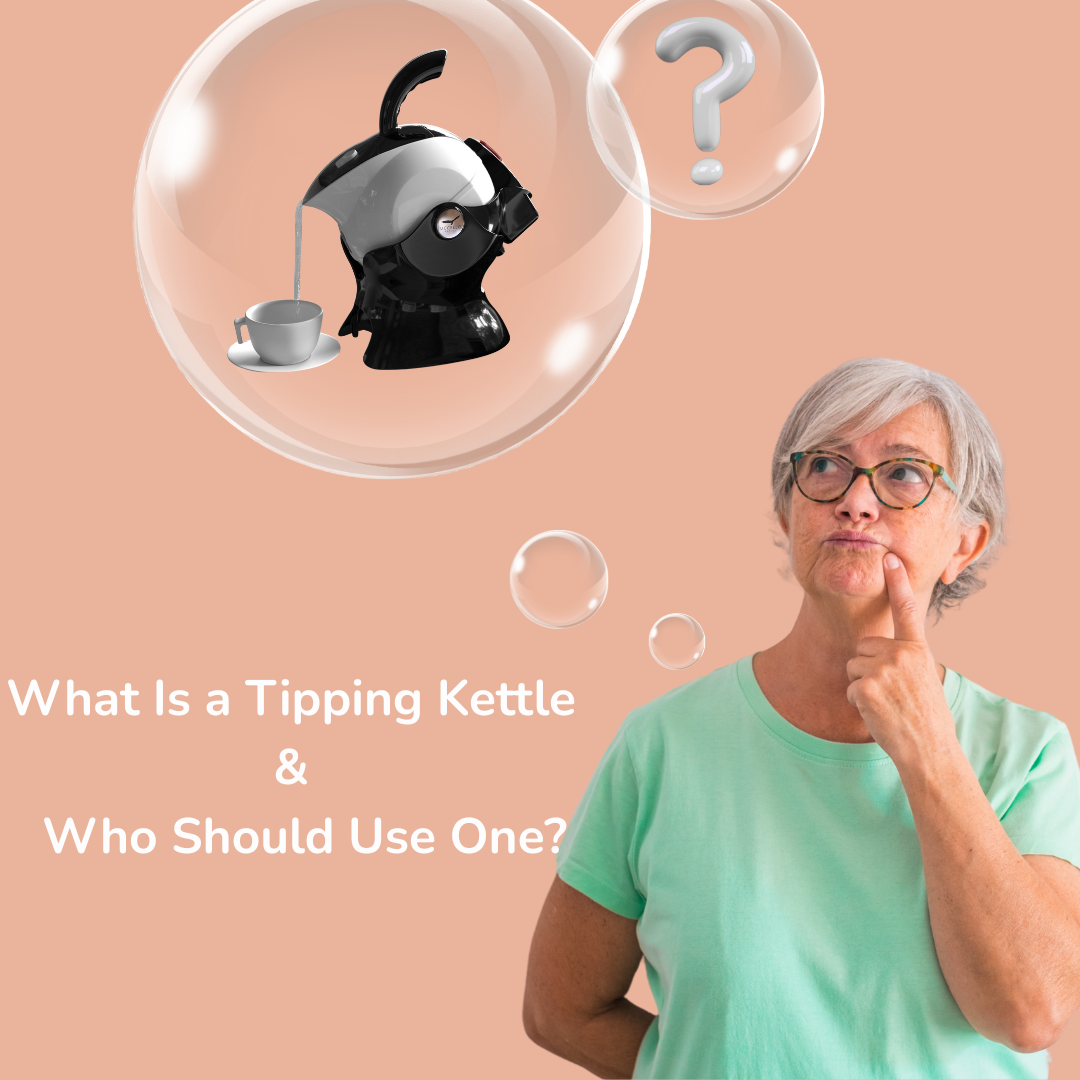
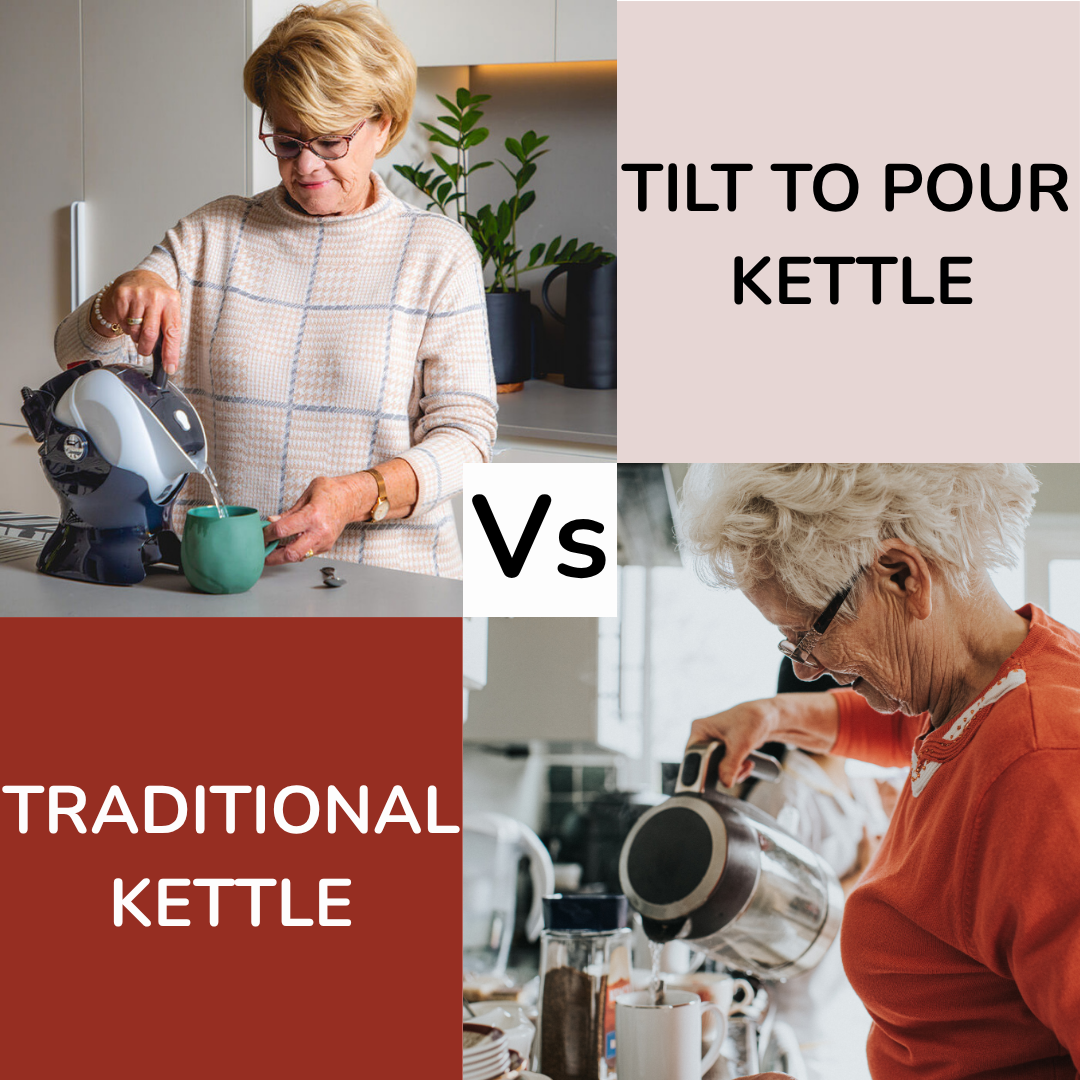

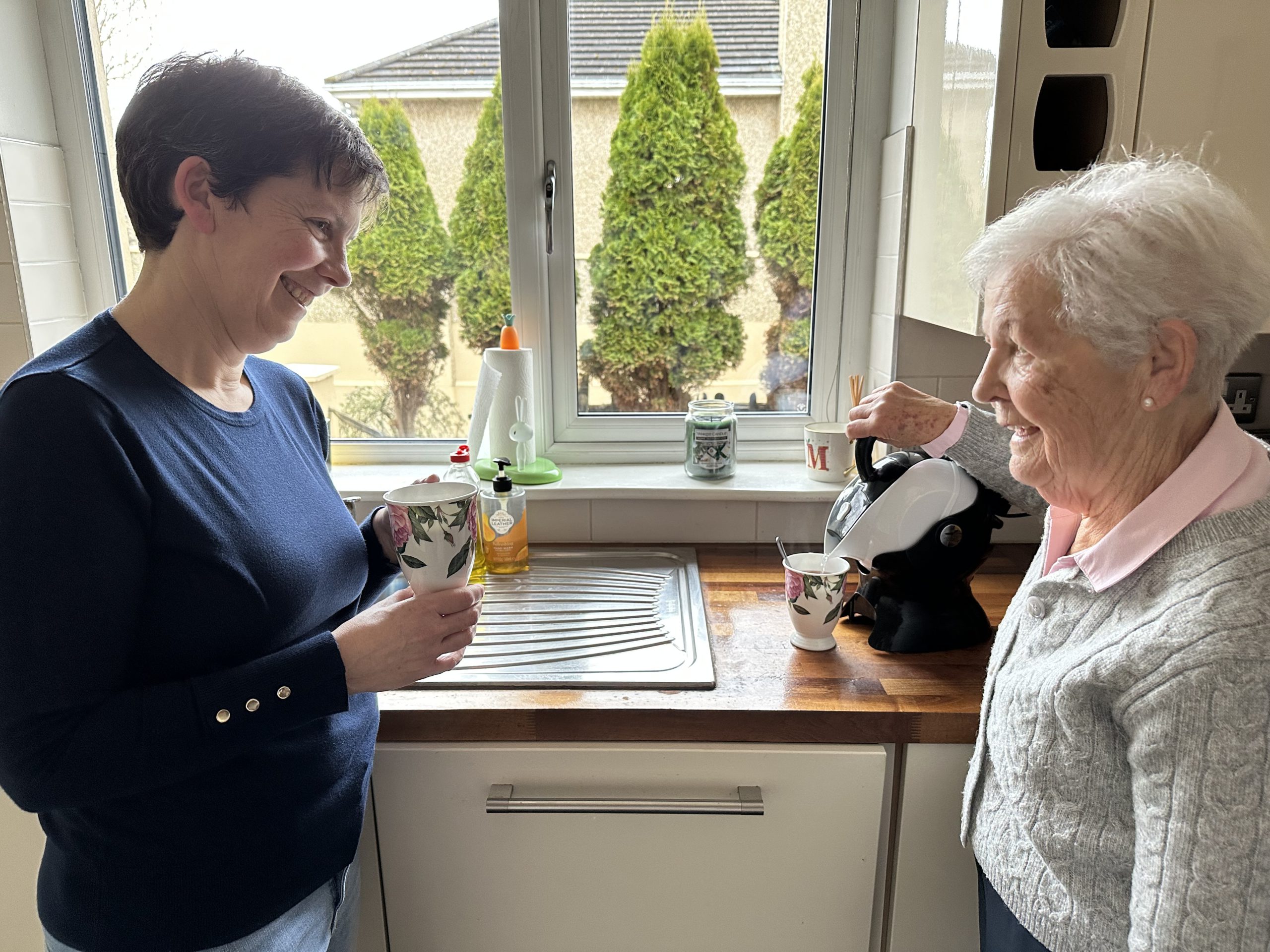

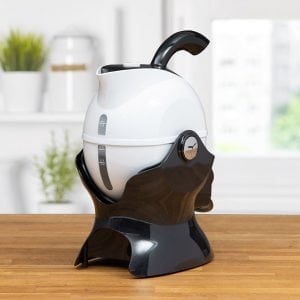
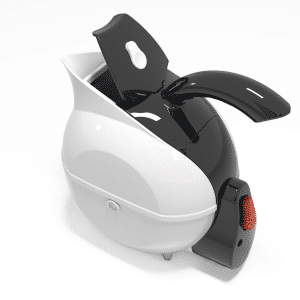
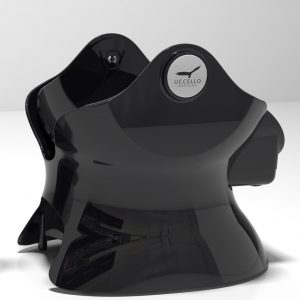
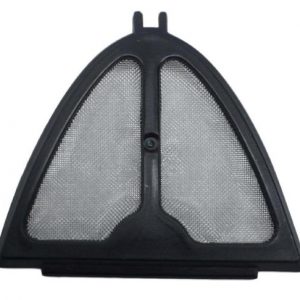
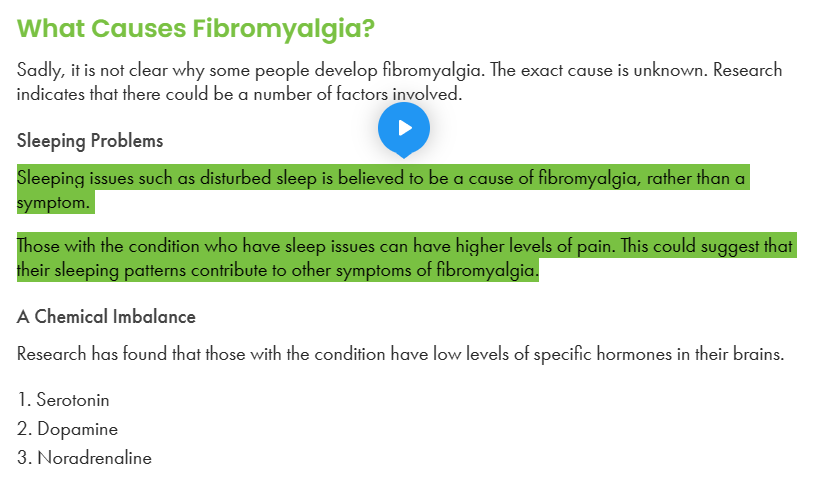
Leave a Comment